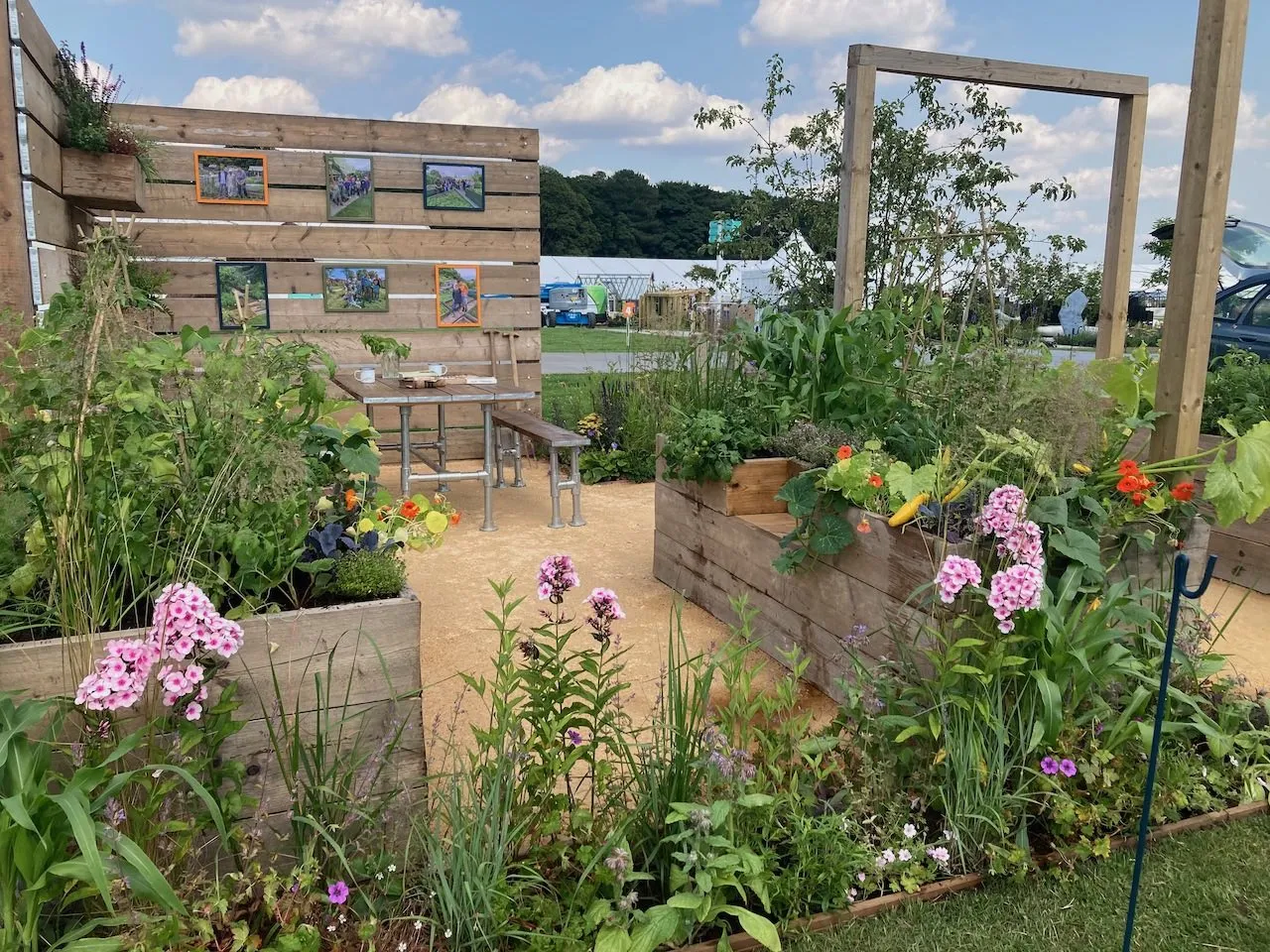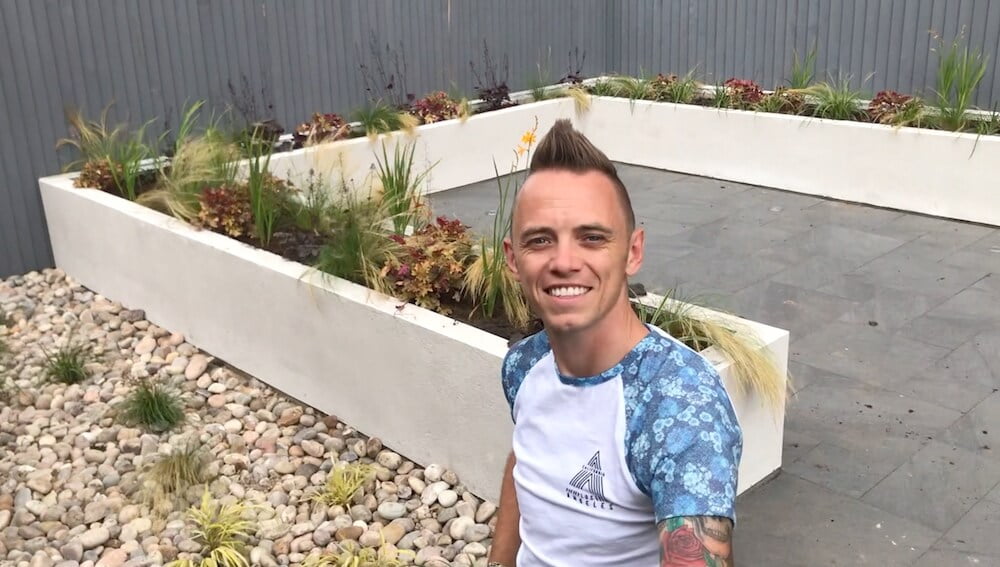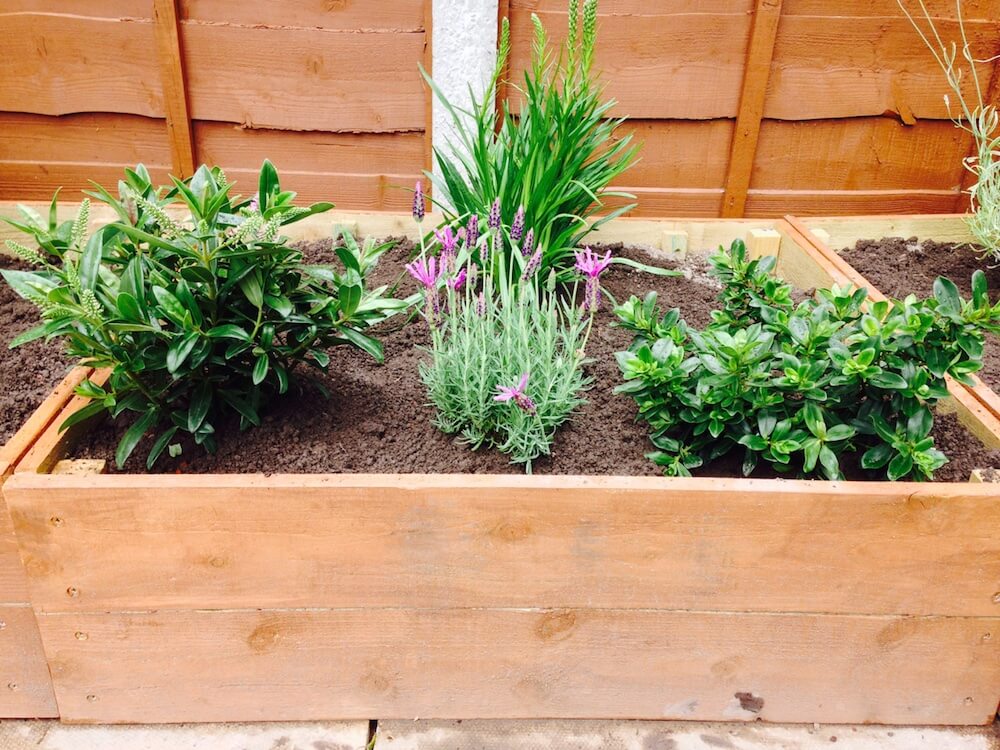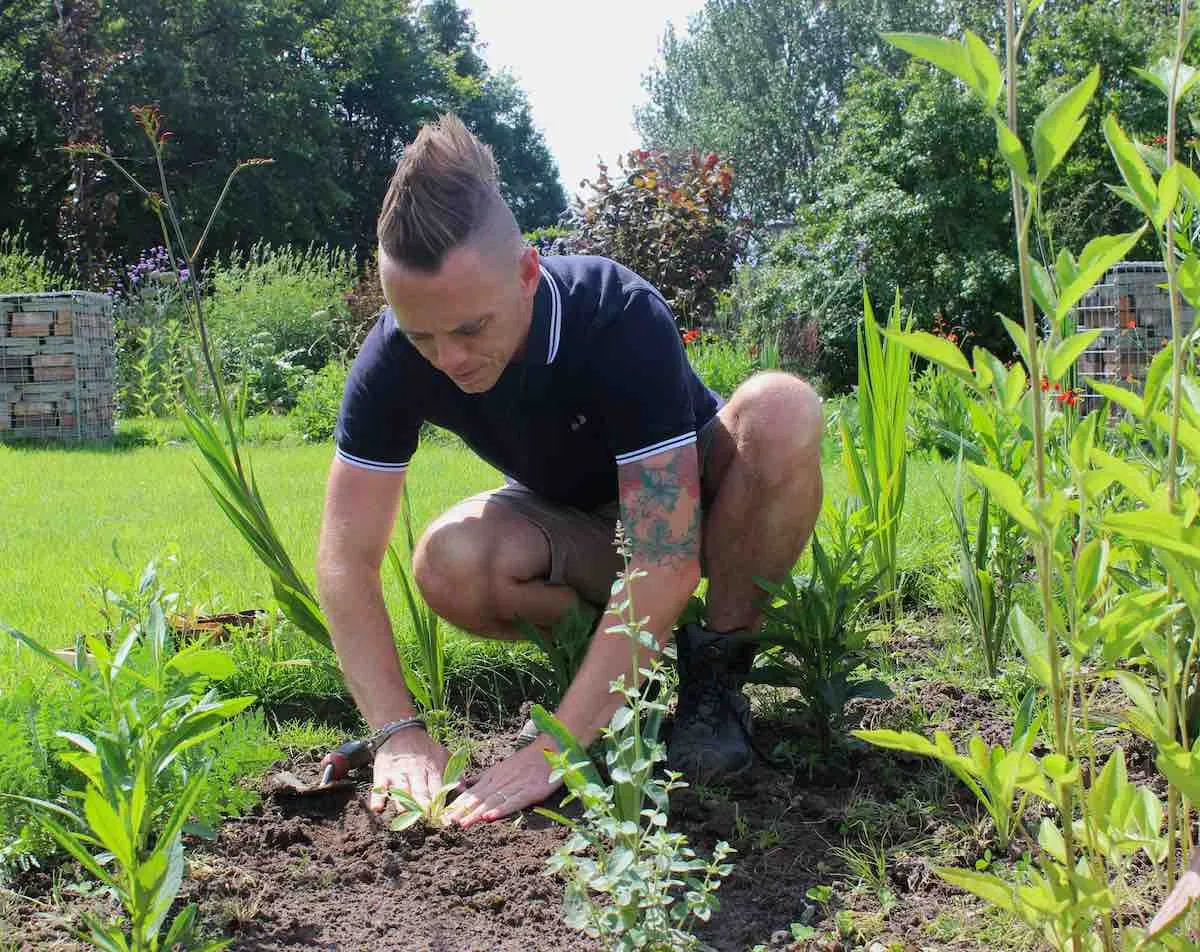Hi @dragon19
This is a fantastic question which often gets overlooked when designing raised beds. Knowing what soil mix to use for your raised beds is really important. Let's get down and dirty with soil!
https://youtu.be/SL8qCL_fGeM
What soil to fill a raised bed with:
With any container or raised bed, you want a soil /compost blend that's both moisture retentive but doesn't get waterlogged. The RHS often list this as 'Moisture retentive yet free draining' which can be really confusing for beginner gardeners. How can it be both? Think of it more as not too much of one or the other instead.

The type of soil you use in a raised bed depends on the size of the bed and what you're growing.
For veg, you need high nutrient peat free compost.
For all else you need a mix of soil and compost with lower nutritional values.
For large deep raised beds ie. 40cm deep and above, I tend to go with a mix of 75% topsoil and 25% compost or organic matter (ie well-rotted manure or leaf mould). This is because compost is expensive and sinks quickly. It makes for expensive yearly top-ups with tonnes of compost.

For smaller raised beds ie 20cm high, I use 100% compost. This is because it's easier to replenish, and the soil underneath them is only ever 20cm from the plant roots.

How often to replenish raised beds compost?
If you're growing vegetables and hungry plants like roses, then you need to top up your raised beds with fresh peat-free compost each year. Usually in Autumn, ready for the next spring.
If you're growing herbaceous perennials, then I tend to top up the bed only if the level drops, ie compost gets used up; This is because herbaceous perennials, shrubs and even fruit trees don't need as much food as annuals (plants that only live and produce in one year then die).
https://youtu.be/qZDCUhtq7cg
Please try and avoid peat-based compost. They are incredibly damaging to our peat bogs and wetlands. Peat-free composts are just as good and in some terms, last longer! ie wool or bracken-based ones like Dalefoot.
Hope that helps!
Hi @dragon19
This is a fantastic question which often gets overlooked when designing raised beds. Knowing what soil mix to use for your raised beds is really important. Let's get down and dirty with soil!
What soil to fill a raised bed with:
With any container or raised bed, you want a soil /compost blend that's both moisture retentive but doesn't get waterlogged. The RHS often list this as 'Moisture retentive yet free draining' which can be really confusing for beginner gardeners. How can it be both? Think of it more as not too much of one or the other instead.

The type of soil you use in a raised bed depends on the size of the bed and what you're growing.
For veg, you need high nutrient peat free compost.
For all else you need a mix of soil and compost with lower nutritional values.
For large deep raised beds ie. 40cm deep and above, I tend to go with a mix of 75% topsoil and 25% compost or organic matter (ie well-rotted manure or leaf mould). This is because compost is expensive and sinks quickly. It makes for expensive yearly top-ups with tonnes of compost.

For smaller raised beds ie 20cm high, I use 100% compost. This is because it's easier to replenish, and the soil underneath them is only ever 20cm from the plant roots.

How often to replenish raised beds compost?
If you're growing vegetables and hungry plants like roses, then you need to top up your raised beds with fresh peat-free compost each year. Usually in Autumn, ready for the next spring.
If you're growing herbaceous perennials, then I tend to top up the bed only if the level drops, ie compost gets used up; This is because herbaceous perennials, shrubs and even fruit trees don't need as much food as annuals (plants that only live and produce in one year then die).
Please try and avoid peat-based compost. They are incredibly damaging to our peat bogs and wetlands. Peat-free composts are just as good and in some terms, last longer! ie wool or bracken-based ones like Dalefoot.
Hope that helps!
 Lee Burkhill: Award Winning Designer & BBC 1's Garden Rescue Presenters Official Blog
Lee Burkhill: Award Winning Designer & BBC 1's Garden Rescue Presenters Official Blog



